I’m Leaving on a Jet Plane (and a Boat)
 Tomorrow morning my three children and I take a flight to Tampa, where we’ll board the Carnival Legend cruise ship, sailing to the Grand Cayman Islands, Cozumel Mexico, and Belize. The trip is part of a celebration for my parents 50th wedding anniversary, so we’ll be sailing with our entire extended family. Sixteen people — minus Alice, who’s staying home because she couldn’t afford to be away from school that long. (I understand. I’m leaving my laptop, and it was a close call whether I could bear to be away from it that long).
Tomorrow morning my three children and I take a flight to Tampa, where we’ll board the Carnival Legend cruise ship, sailing to the Grand Cayman Islands, Cozumel Mexico, and Belize. The trip is part of a celebration for my parents 50th wedding anniversary, so we’ll be sailing with our entire extended family. Sixteen people — minus Alice, who’s staying home because she couldn’t afford to be away from school that long. (I understand. I’m leaving my laptop, and it was a close call whether I could bear to be away from it that long).
There’s no cell phone or Internet coverage on the ship. This will be the first time I’ve been away from the Internet for more than 24 hours in over a decade. I may need to be sedated.
If you’re one of the 60-100 people who e-mail me on an average day, I apologize in advance for ignoring you. If you really need to reach me because there’s a problem with your subscription, or you sent me a story during the Civil War and I haven’t responded yet, or you’re just lonely, your best bet is probably a postcard. (I’m kidding. If you really need to reach me in the next 10 days, forget it).
I’ve never been on a cruise before. My parents (and my co-worker Corey) tell me they’re wonderful. Last time I was on a ship bigger than a rowboat, I was crossing the English channel on my honeymoon. Our brief stop-over in Dover turned into a two-night stay while I recovered from near-fatal sea sicknesses. Our trip to Ireland had to be completely scrapped (16 hours in a ferry? No thank you!). I’m hoping the cruise ship Carnival Legend will have better stabilizers. Seven days is a long time to be clinging to a balcony railing.
I’ve spent the past week agonizing over what books to bring (come on, you know you’d do exactly the same thing). I plan to be on a deck chair on the sunny side within five minutes of departure. Here’s the final list.
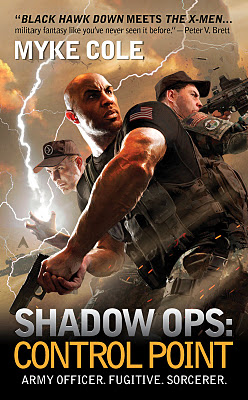
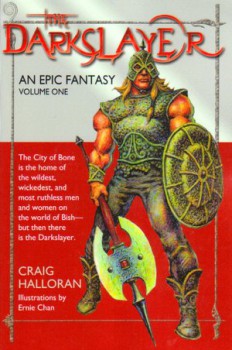 The Darkslayer: An Epic Fantasy, Volume One
The Darkslayer: An Epic Fantasy, Volume One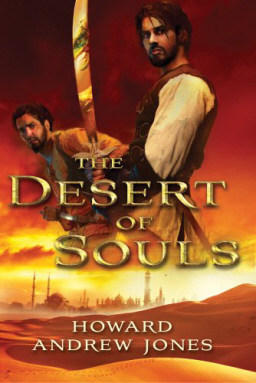
 In my never-ending quest to bring heroic fiction and sword-and-sorcery to a wider audience, I have been writing essays for National Public Radio. Last May they carried an article I drafted about
In my never-ending quest to bring heroic fiction and sword-and-sorcery to a wider audience, I have been writing essays for National Public Radio. Last May they carried an article I drafted about 
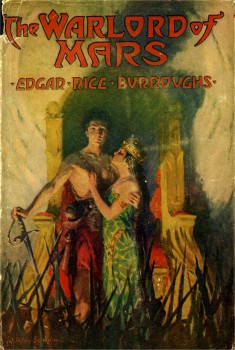 Although there are still eight more books to go in the Mars series, with The Warlord of Mars I can bring to a conclusion Phase #1 of the saga: this completes the “John Carter Trilogy,” and the books that follow it take different paths with new heroes. John Carter will not return to the protagonist role until the eighth book,
Although there are still eight more books to go in the Mars series, with The Warlord of Mars I can bring to a conclusion Phase #1 of the saga: this completes the “John Carter Trilogy,” and the books that follow it take different paths with new heroes. John Carter will not return to the protagonist role until the eighth book, 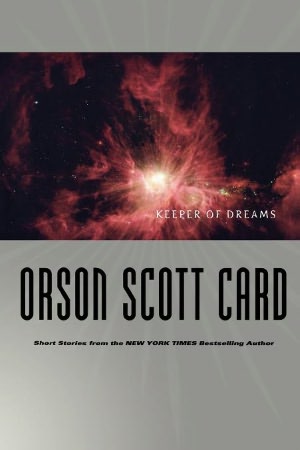 Keeper of Dreams
Keeper of Dreams 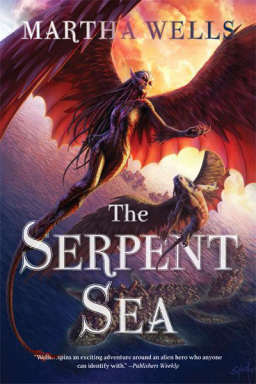
 Of potential interest to readers of this space is my
Of potential interest to readers of this space is my